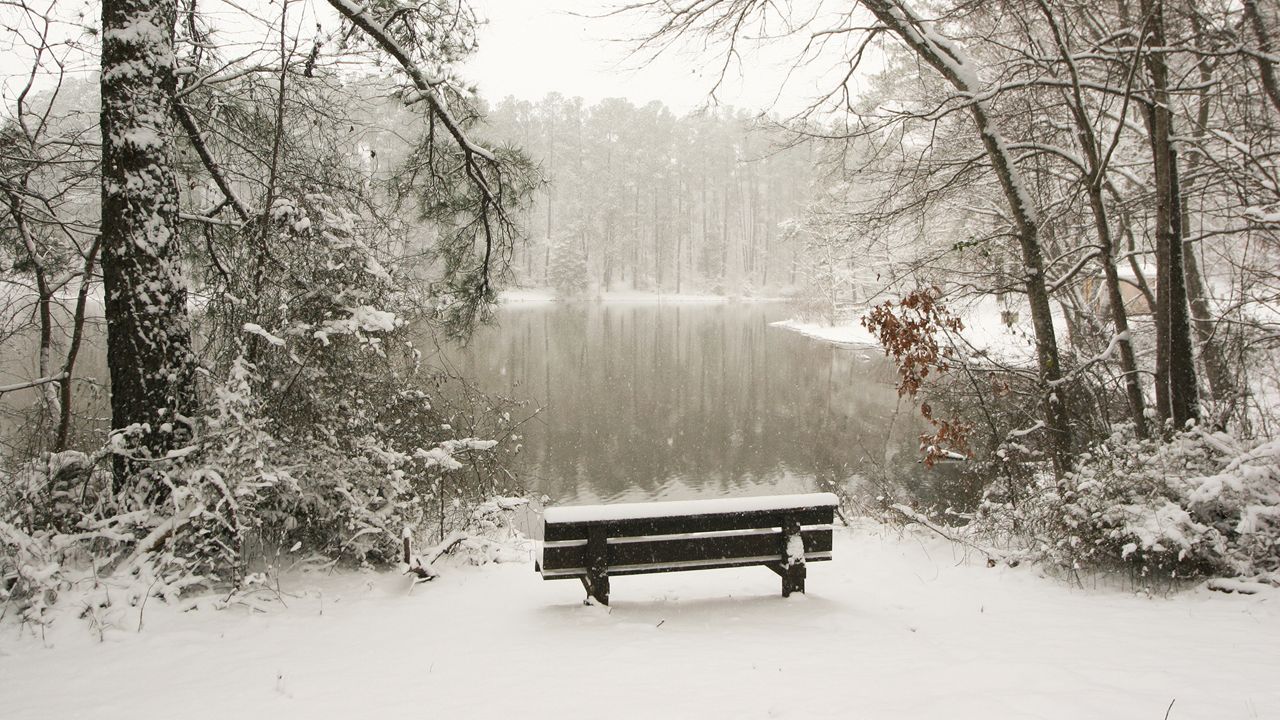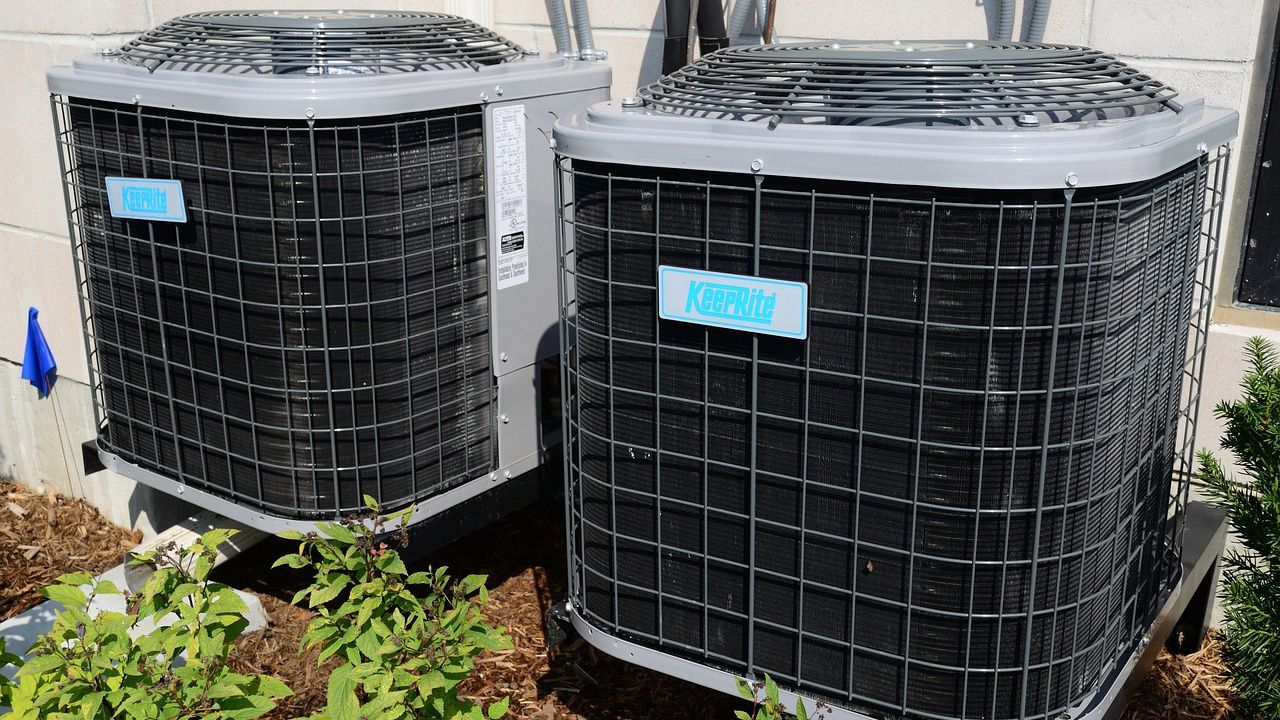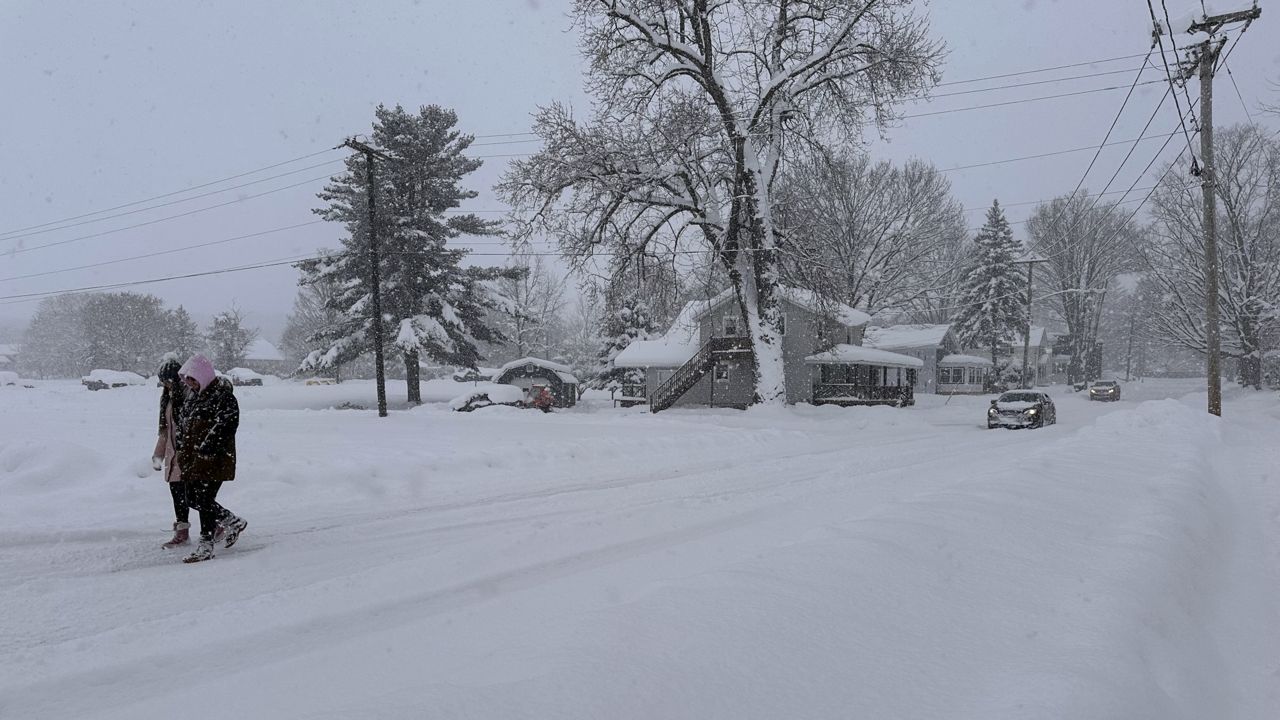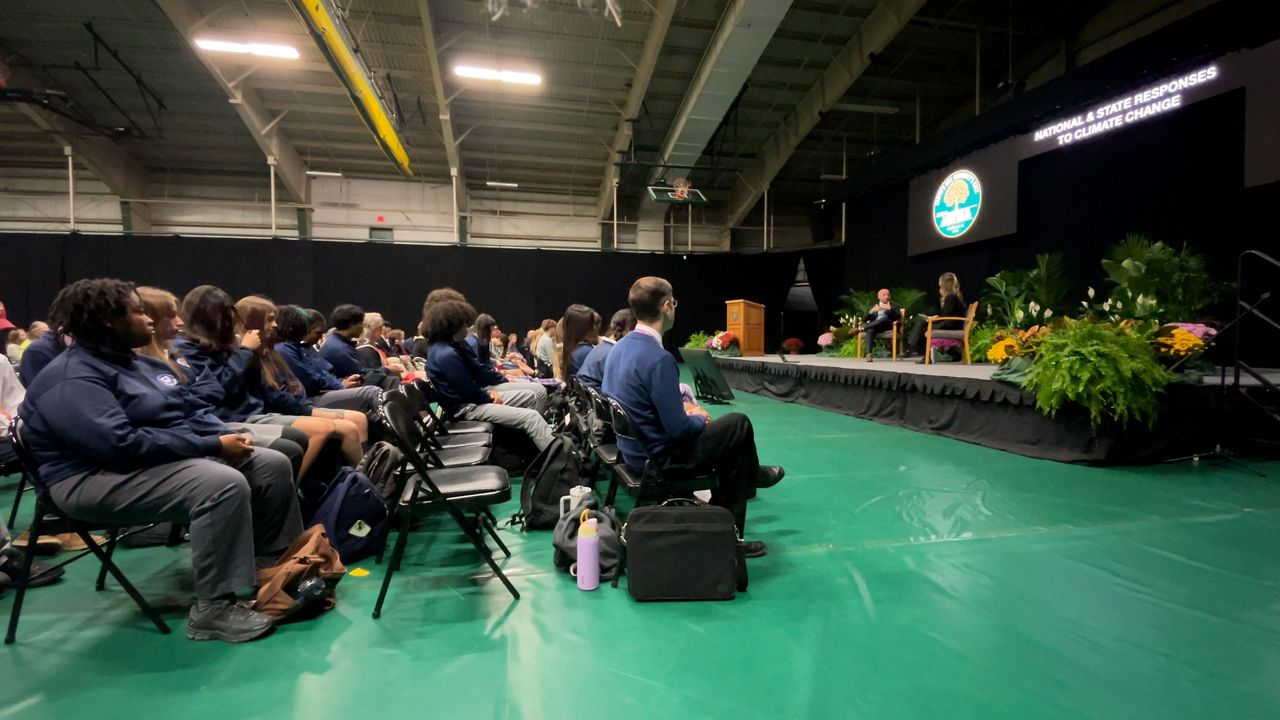Into the 90s the mercury went across the New York on Friday, leaving parts of the state were under a heat advisory.
A report by the U.S. Bureau of Labor Statistics states there were 36 work-related deaths due to heat exposure in 2021.
Precautions were strongly encouraged this week, and a number of state parks stayed open later to provide a safe place to cool off.
Some deal with heat and humidity by going inside, standing still, or staying hydrated. But those aren't always options for people whose livelihoods depend on weathering the tough outdoor conditions.
But as the saying goes, many hands make light work.
“In terms of morale, working together and being able to get done a little bit sooner in our day. I think that’s always a big thing,” said Jason Coffin of ACA Lawnscape Supply.
For more than two decades, Coffin has been landscaping, working large and small projects in and around the Capital Region.
“We’re working on a privacy wall …we’re using some nice evergreen arborvitae,” he said Friday.
While the working conditions were less than ideal, it’s something Coffin has become accustomed to over the years.
“Today, we’re in a little bit more of a shaded area. That was strategically on purpose,” he said.
Beyond landscaping, there were a number of other industries feeling the heat.
“Guys in the construction crews are right up against it, especially the paving crews, where they’re laying down hot asphalt,” said Steve Benton, safety director at Peckham Industries Inc.
Pecham Industries has hundreds of people working on road construction projects across the Northeast. Benton said schedules have been modified to avoid peak temperatures, and a number of other precautions were taken.
“Just making sure we watch out for each other," he said. "If someone starts to display some symptoms, we want to make sure we get them away.”
Benton said employees are taught to recognize symptoms of heat exhaustion and heat stroke and how to respond.
“Start to see folks that look completely zapped," he explained. "We talk to them about when they stop sweating. That’s when we need to be concerned. If someone gets dizzy or starts to slur their speech. All those symptoms.”
Having grown up in a family with an agricultural background, Coffin remembers a saying he heard frequently.
“There are always jobs that could be a little bit worse. So you keep your head down and keep working always, because it could be a lot more severe,” he said.
On Thursday, President Joe Biden announced plans to protect workers from extreme heat.
The Labor Department is strictly enforcing heat-safety violations, and is increasing inspections of high-risk workplaces like construction and agricultural sites.










